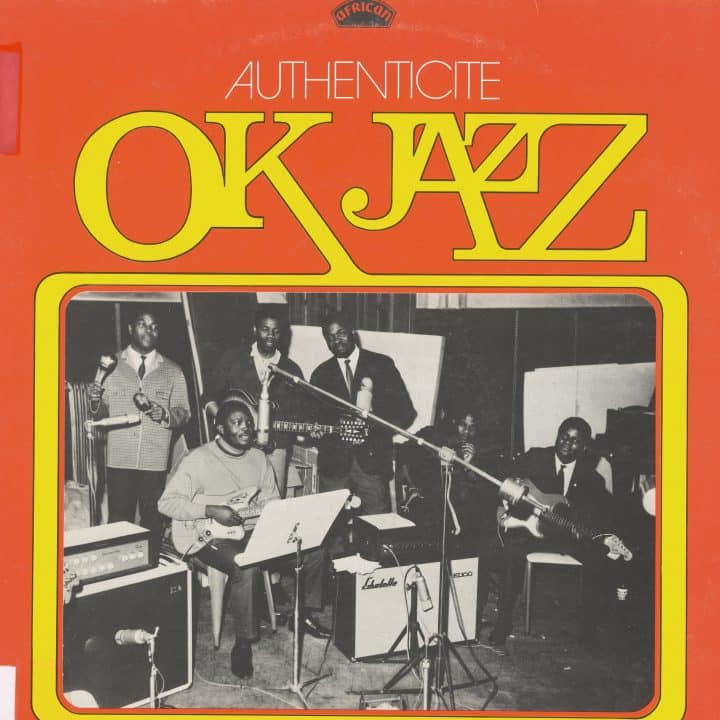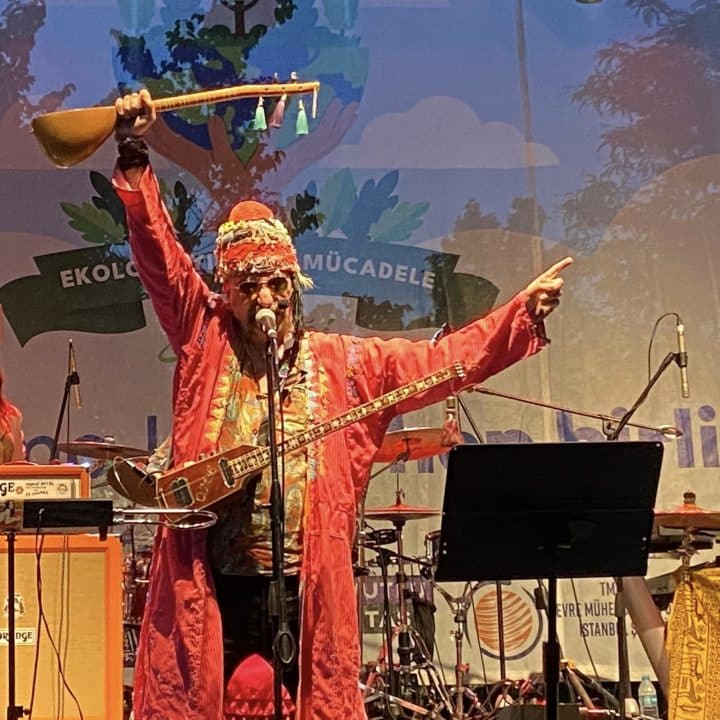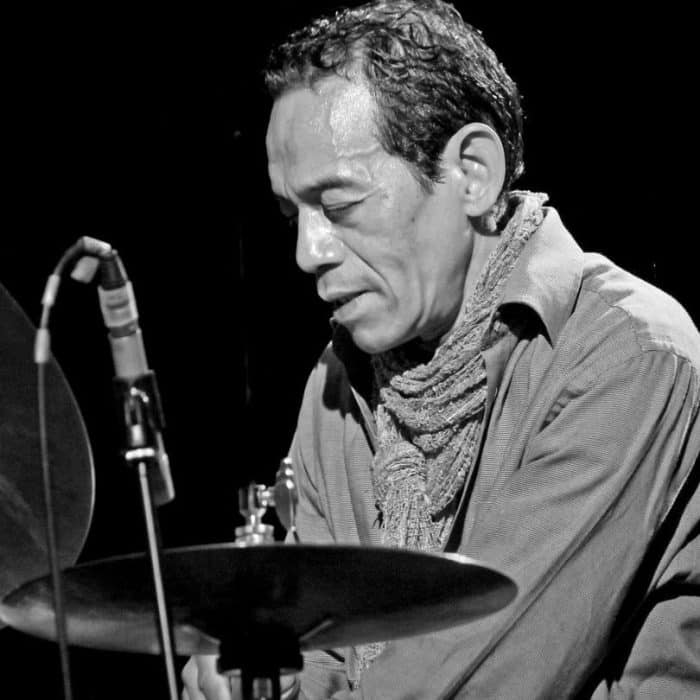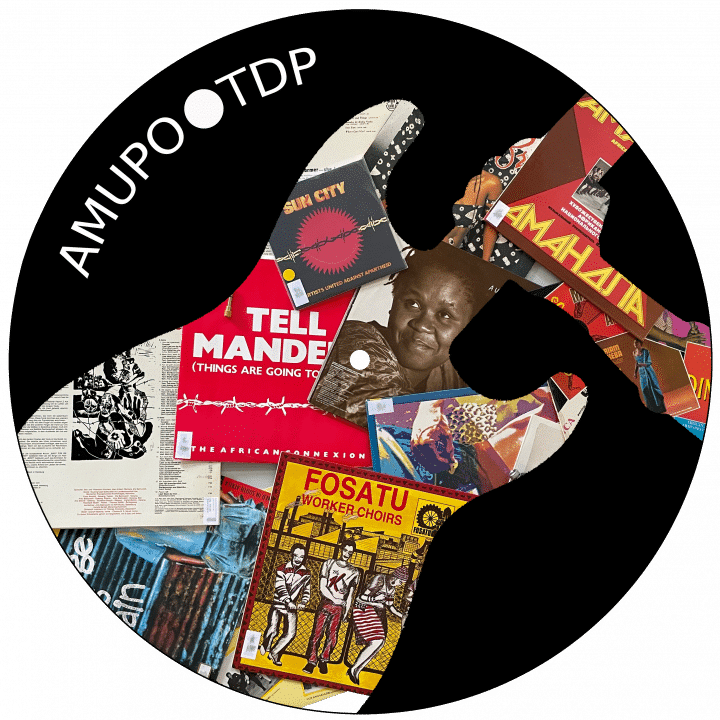Research
Our aim is to study music and sonic phenomena in general from a wide range of anthropological perspectives. However, for our understanding, anthropologists (like many others concerned with the study of music) tend to neglect the aesthetic dimension of music and sound. Therefore, one of our main theoretical goals is to study ways in which actual sounds, musical or nun-musical, interconnect with their social and cultural surroundings through sonic experience. Methodologically, we rely on long-term ethnographic fieldwork.
Projects
November 6, 2023
Das BMBF-Forschungsprojekt „Kontrahegemoniale Stimmen in Musikarchiven (KOSTIMA): Politische Lesarten, Kontextualisierungen, Gegenwartsbezüge“ erschließt verschiedene Archivbestände mit Fokus auf kontra-hegemonialen Botschaften.
December 9, 2022
The dissertation project is about the cultural and political history of popular protest music in Turkey. It specifically looks at the cultural and political conjunctures that emerged in certain periods (1960s-1980s) and, most importantly, at the events that lead to the re-emergence of Anatolian Rock music in Turkey since 2010.
January 1, 2019
Jazz in Madagascar - The project explores the importance of jazz in shaping Malagasy society. It takes a look at bands and musicians, historical and current stylistic developments, as well as characteristic performance venues and funding practices of Malagasy jazz.
Cooperations
March 20, 2023
How does popular music negotiate the legitimacy of political violence, and how do political actors refer to violence in musical practices? South Africa’s historical struggle against the racist system of Apartheid and the country’s vibrant music scenes make it a highly suitable case through which to explore how musicians, activists, politicians and wider audiences negotiate uses of political violence in and through popular music.



